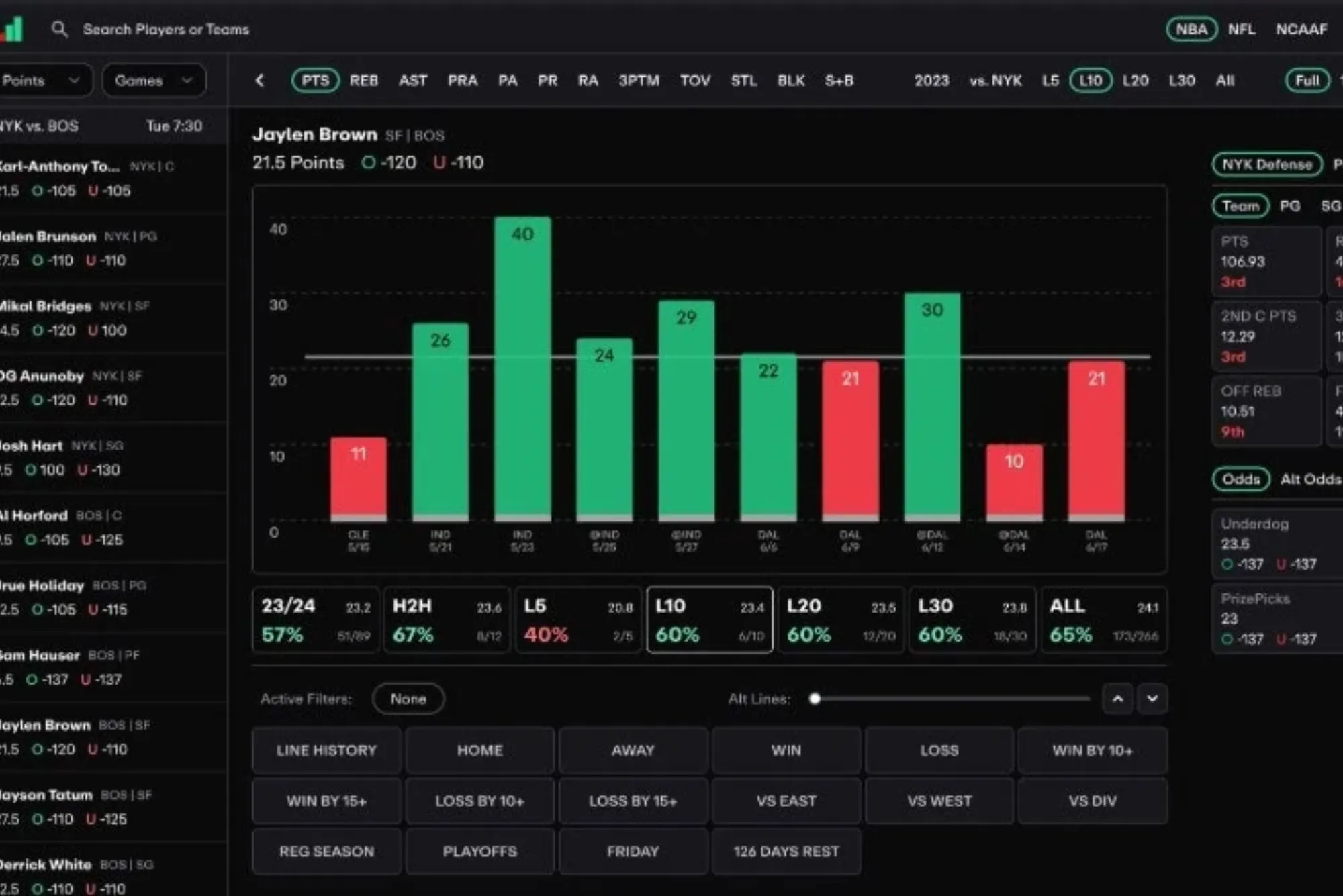The gambling industry has always thrived on atmosphere, spectacle, and experience. Walk into a land-based casino and you’re immediately surrounded by bright lights, the sound of chips clinking, and the unmistakable energy of players immersed in the moment. Online betting, by contrast, offers convenience, accessibility, and the ability to play from anywhere in the world.
This contrast sparks a key question: can online betting ever truly replace traditional casinos, or will the two continue to coexist as complementary experiences? From my perspective as both a researcher and a player, the answer lies somewhere in the middle. Online platforms bring undeniable advantages, but the physical casino experience still holds unique qualities that technology struggles to replicate.
The Rise of Online Betting
Over the past two decades, online betting has grown from a niche hobby into a global industry. Advances in broadband speeds, smartphone technology, and secure payment systems have made it easier than ever to place a bet or spin a slot from the comfort of home.
Players are drawn to the convenience. Online platforms operate 24/7, require no travel, and often offer thousands of games—far more than you’d find in most brick-and-mortar casinos. The pandemic accelerated this trend, pushing even traditional gamblers toward online platforms during lockdowns, many of whom never looked back.
What truly sets online betting apart is its innovation. From themed slot games with cinematic graphics to live dealer experiences streamed in high definition, online casinos are no longer just about digital cards and reels. They are constantly reinventing themselves to appeal to modern audiences.
The Social Experience of Land-Based Casinos
Despite online growth, land-based casinos remain iconic for a reason. A night at a casino is about more than just gambling; it’s an event. There’s the thrill of interacting with dealers face-to-face, the camaraderie of players cheering at the same roulette wheel, and the overall entertainment package, which often includes restaurants, bars, and live shows.
That social dimension is difficult to reproduce online. Even with live dealer games and chat features, the sense of being in a vibrant, bustling environment is unique to physical casinos. For many, it’s not just about the chance to win money but about enjoying a complete night out.
I still remember my first trip to a major casino in London. The adrenaline wasn’t only from the blackjack table but also from being surrounded by others sharing in the same excitement. That collective energy is something online platforms, however advanced, can only approximate.
Technology’s Attempt to Bridge the Gap
Recognizing this challenge, online platforms are turning to immersive technologies to close the gap. Live dealer games were the first major step, allowing players to watch real croupiers via live stream. More recently, virtual reality (VR) and augmented reality (AR) are being explored to recreate the sensation of walking through a casino.
While these innovations are promising, they are still in their early stages. For now, most players still view online betting as a convenient alternative rather than a full replacement for the in-person experience.
Payment systems are another area of innovation. Alongside traditional options like bank transfers and credit cards, digital assets are gaining ground. A good example is the growing interest in crypto casinos uk, which combine cutting-edge technology with modern payment methods to attract a younger, tech-savvy audience. This shows how online platforms continually evolve in ways that land-based casinos cannot easily match.
Will Online Platforms Overtake Land-Based Casinos?
The short answer is no—not entirely. Online betting will continue to expand, likely surpassing traditional casinos in terms of total global revenue. But replacement is another matter. Land-based casinos remain rooted in cultural traditions and entertainment value that extends far beyond gambling itself.
For instance, Las Vegas and Macau aren’t just gambling hubs; they’re destinations built on tourism, hospitality, and entertainment. Even if online casinos become more advanced, they can’t replicate the feeling of walking down the Strip, attending a world-class show, and finishing the night at the poker table.
At the same time, online platforms appeal to a new generation of players who prioritize flexibility and digital integration over glitz and glamour. Younger gamblers are comfortable playing on smartphones, exploring crypto-based platforms, and engaging with gamified betting experiences.
The Future Likely Belongs to Hybrid Models
Rather than one format replacing the other, the future of gambling seems to be hybrid. Traditional casinos are increasingly integrating digital tools, offering apps, loyalty programs, and online portals alongside their physical operations. Online platforms, meanwhile, are pushing hard to replicate the social and immersive aspects of in-person casinos.
We’re moving toward a world where players can enjoy the best of both. A gambler might spend a Friday evening in a local casino with friends, then log into their favorite online platform on Sunday afternoon from home. Both formats meet different needs and moods, and both have their place.
Final Thoughts
So, can online betting ever replace traditional land-based casinos? The answer is nuanced. Online platforms bring innovation, accessibility, and payment flexibility that land-based venues can’t match. But traditional casinos offer social energy, atmosphere, and entertainment that online gambling cannot fully replicate.
The future of gambling is less about one replacing the other and more about the two coexisting, evolving, and even blending together. For players, this is the best outcome—greater choice, more innovation, and experiences tailored to every preference.











